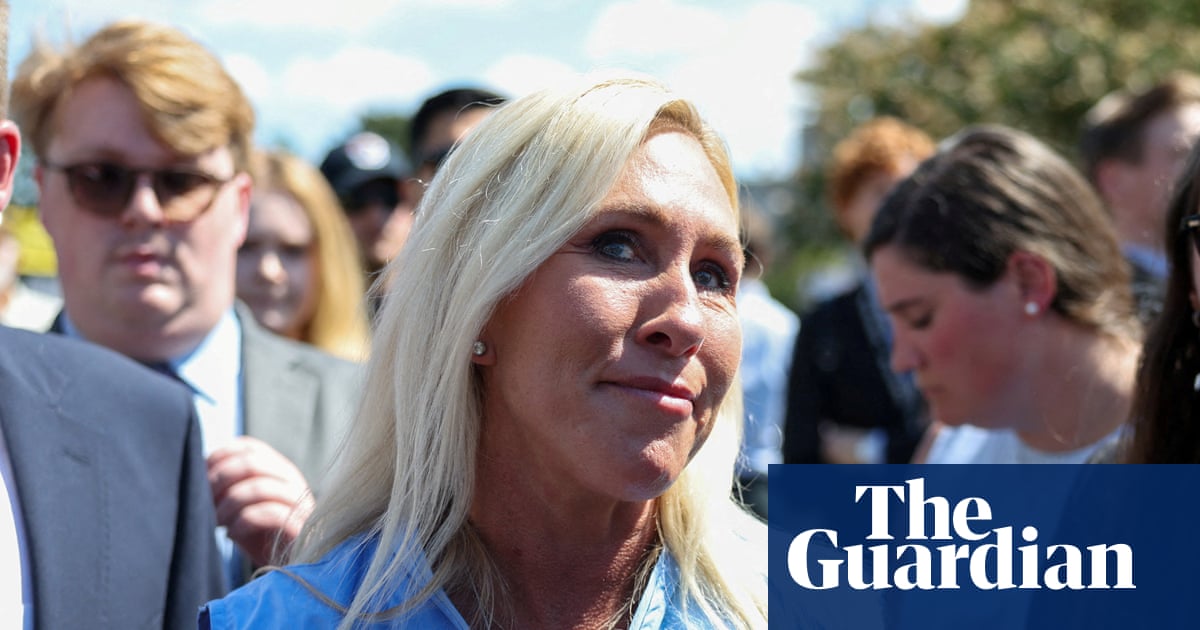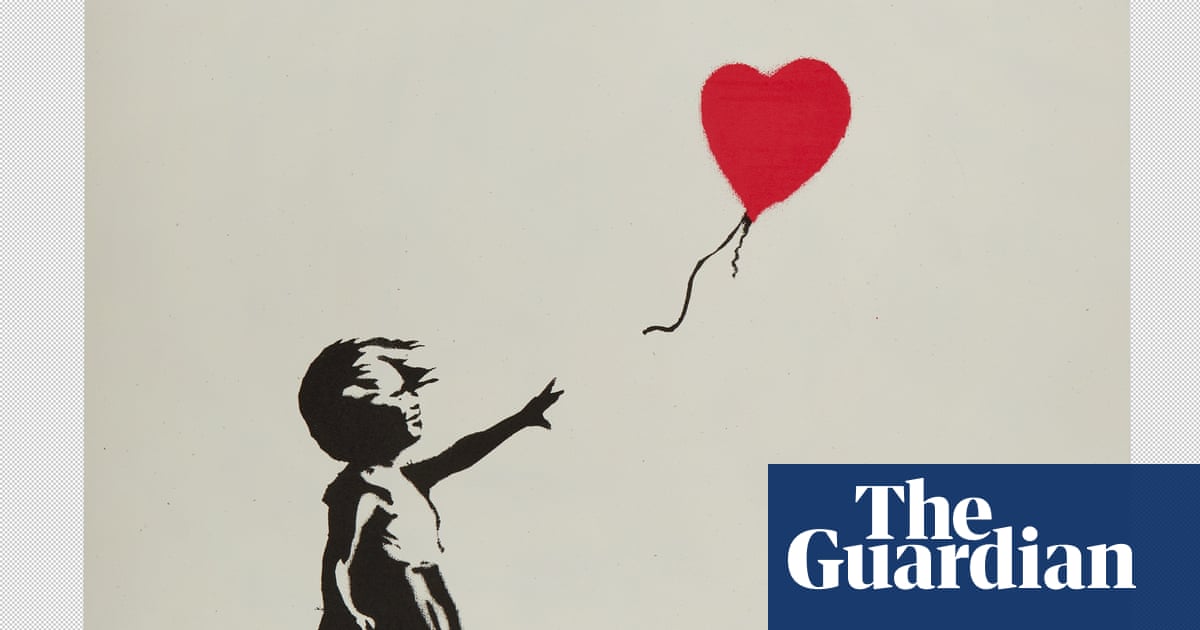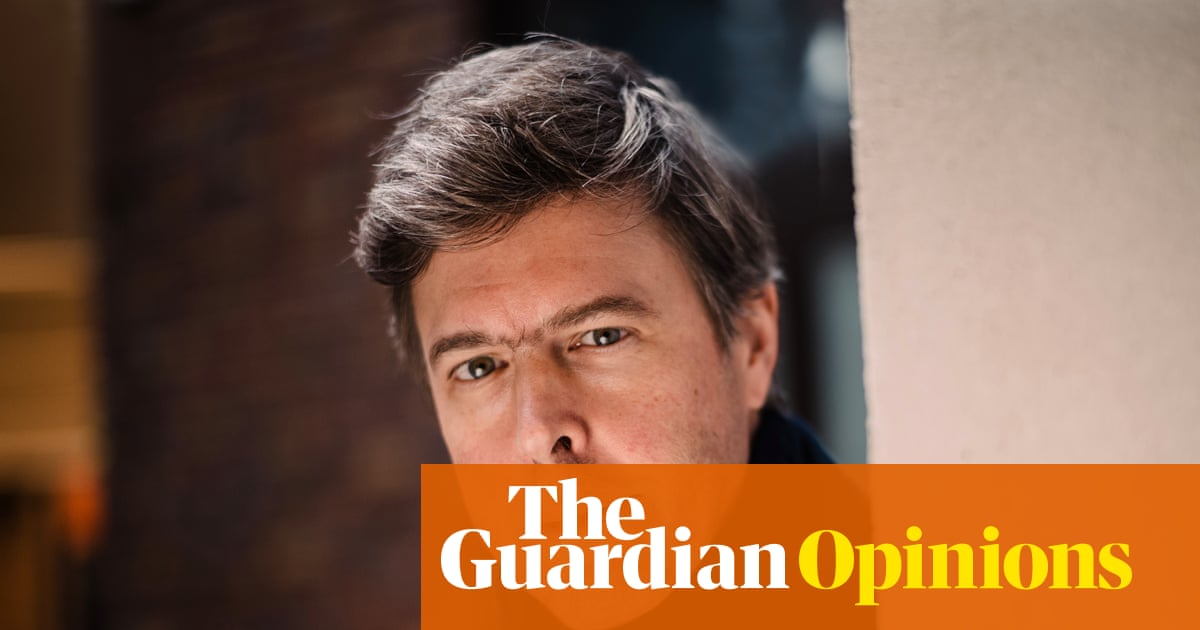By now we’ve all seen the video: a couple locked in an intimate embrace at a Coldplay concert. Within milliseconds, the woman turns her face and the man ducks. The crowd gasps. Chris Martin quips: “Either they’re having an affair or they’re very shy.”
Within 24 hours, the internet had done what it does best: turned sleuth. The names of the pair were quickly revealed. LinkedIns found. Both were senior executives at a New York data firm, he, the CEO; she, the head of HR. Both married. With children.
The story unfolded like a soap opera. The CEO’s wife’s Facebook was discovered. Internet watchdogs noticed she’d removed her last name. The internet was furious and equally entertained.
Thousands of memes circulated. Parodies flooded TikTok. Calls to fire them rivalled calls for humanitarian justice and in the most corporate plot twist of all, it spilled over to LinkedIn. Beneath the HR manager’s last post, commenters asked if cheating was in the job description.
This was a media storm. But more than that, it was a public trial.
We live in a digital panopticon. Surveillance isn’t top-down any more, it’s lateral. It’s ambient and crowdsourced. It can come from your neighbour. A passerby. A stranger on their phone.
Think of the people unknowingly caught in the background of an OOTD video. A “what are you listening to?” vox pop could inadvertently feature a woman on the run from an abusive partner. In a world obsessed with consent, there seems to be a blind spot when it comes to online consent.
There’s an entire genre on TikTok dedicated to background reactions. Someone in the corner makes a face, maybe startled by a flash, maybe just not wanting to be filmed and the internet crowns them a hater or a bully. Then, their account is found. Their employer tagged. Calls for termination follow.
When did virality replace due process?
Public shaming is now a participatory sport. Viral justice is gamified. We chase information like it’s loot in a moral scavenger hunt for names, jobs, partners, homes. Every new fact unlocked is rewarded in likes and retweets.
What starts as accountability often becomes performance. What begins as critique becomes content.
Yes, if the Coldplay couple were having an affair, it may be amoral. It might shed light on power dynamics in the workplace. But was the doxing, the intense, invasive publishing of private details a proportionate response?
Don’t get me wrong, doxing has done good. During the January 6 Capitol riots, internet sleuths helped identify rioters, some of whom were later arrested. It showed that the people, armed with nothing but wifi and rage, could hold power to account.
But doxing is neutral and the internet is agnostic to moral weight. It rewards the performance of outrage, not the ethics behind it.
Sometimes, people get doxed over something as small as complaining about a coffee order or a haircut. We don’t pause to ask: What kind of day were they having? What if they were grieving? Overwhelmed? Underpaid? In the rush to moralise a moment, we strip away all context. There’s no room for nuance.
Sometimes, innocent people get caught in the crossfire, punished not for who they are, but for a single frame of a much bigger picture.
The collateral damage of instant moralism is real.
Do we really want kids harassed at school because their parent made a mistake? Or someone’s house posted online because they turned away a guest and their antipasto salad?
What about the CEO’s wife, who woke up one day and watched the entire internet dissect her life, her job, her marriage?
Once something is online, it metastasises far beyond the original wrongdoing. It’s not just about justice any more. It’s about content spreadability.
Today’s reality is knowing your face might be the next meme. Your breakdown, someone’s new Twitter DP.
The just world hypothesis suggests we like to believe people get what they deserve. It comforts us. But “deserving” is a slippery logic. It changes depending on the narrative, the context, the mood or even the meme template.
Honestly? I was entertained by the Coldplay spectacle. He’s a CEO, and I’m a card-carrying member of the “eat the rich” school of thought. But even that is a slippery slope.
We’re collectively trying to decide through digital telepathy, what makes it OK to ruin someone’s life. That is an impossible task. It’s endlessly malleable. Infinitely debatable.
What do we lose when we treat every viral moment like a courtroom?
What do we gain from piling on, without considering the proportion of the punishment?
Yes, celebrities have chosen to live in the public eye. They have PR teams. They have crisis managers. Sometimes, they have Oprah and a tell-all interview.
But the Coldplay couple? They don’t have a publicist and even if they did, they owe the public nothing. If something did happen, the only people who deserve an explanation are their families, whose lives have been permanently altered by two people’s choices.
Well… maybe also the HR manager at their workplace.
Oh, wait. Never mind. I never said I wasn’t part of the problem.
-
Miski Omar is a speech pathologist, writer and director from Sydney

 3 months ago
164
3 months ago
164

















































